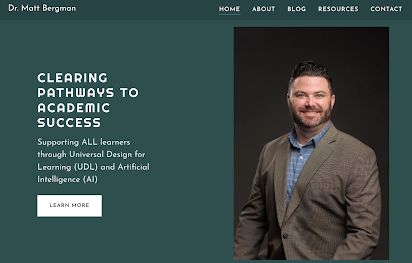In Troy Hick's article, he mentioned the RISE Model for meaningful feedback and self evaluation. This model was developed by Emily Wray and was developed with Bloom's Taxonomy in mind. Check out the different levels of her model below:
What does RISE stand for?
R - Reflect
When we reflect, we use lower level thinking skills to make connections, agreements, or disagreements with the student work. A simple "I like how you described _____ because...." or "I agree / disagree with ___ because..." would be an example of Reflection.
I - Inquire
As we inquire, we begin using our understanding and analyzing skills. Instead of recalling information about student's work, we are looking for meaningful dialog. We are "seeking information and providing ideas through questioning." For example, we may ask students to think about another strategy, perspective, or way of doing things.
S - Suggest
When we suggest, we are asking students to analyze and evaluate their work with deeper meaning to make improvements to the work. For example, suggestions provide students with strategies to develop a deeper understanding and higher quality product.
E - Elevate
When we elevate feedback, we are inspiring students to develop higher levels of creativity and problem-solving skills. When I think of the Elevate level, I think of Carol Dweck's work on the Growth Mindset, to develop continual growth and expansion of ideas. As businesses constantly refine products, why aren't we giving students an opportunity to refine their work? Just a thought!
Conclusion:
Over the next few posts, I am going to provide you with meaningful and realistic tools to put this model into action! We will explore some tools that you know and others that you don't! Stay tuned!





No comments:
Post a Comment